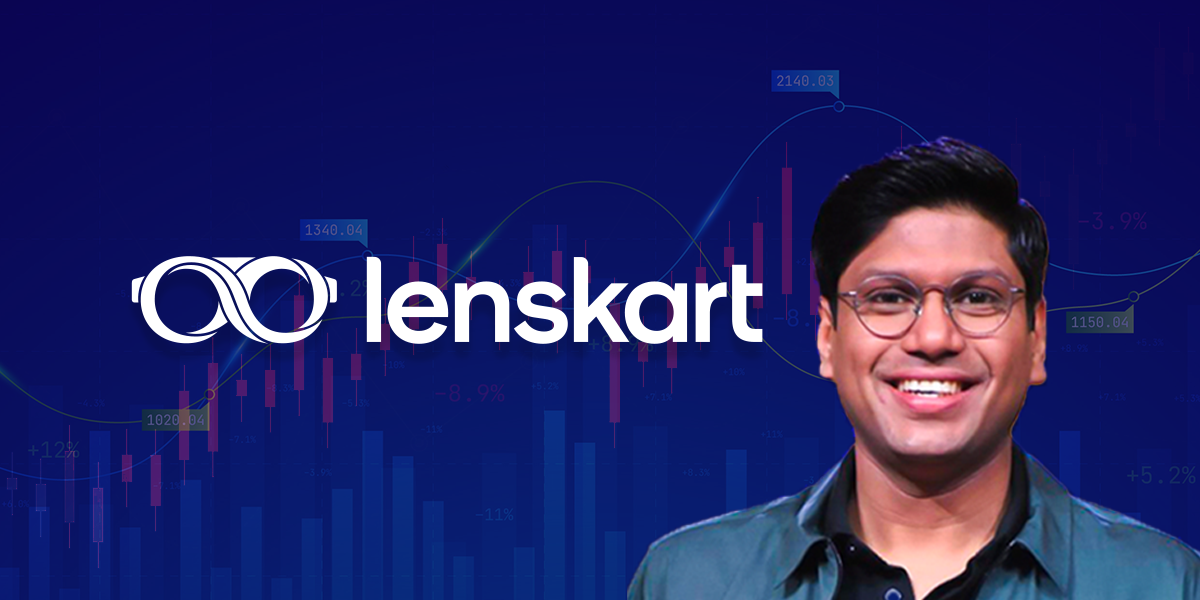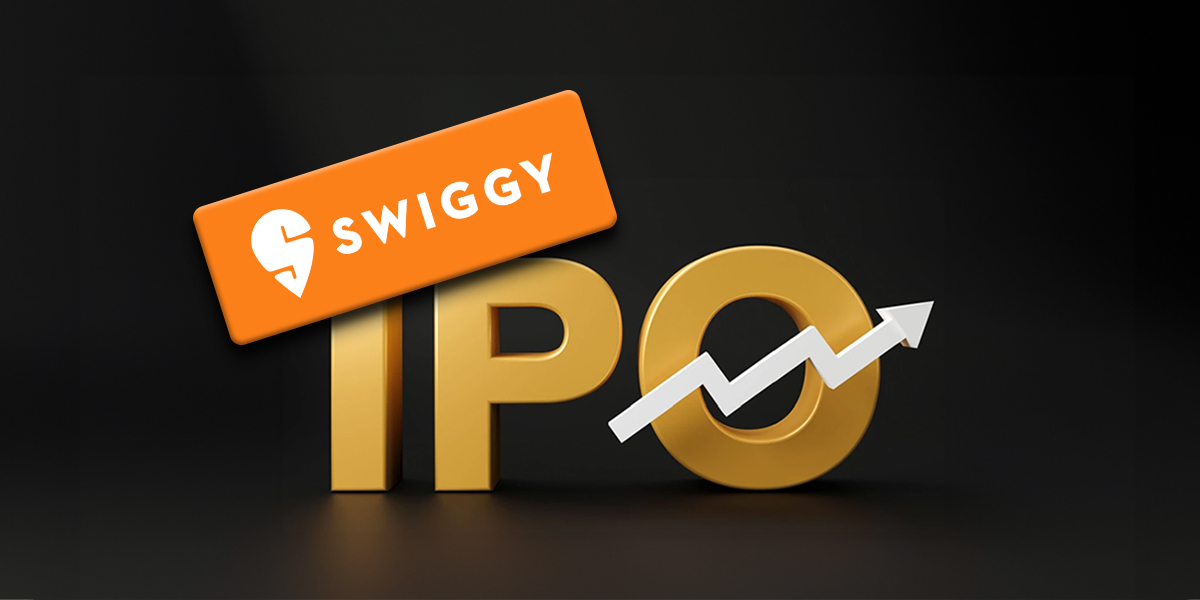After months of discussion and negotiation, homegrown PE firm Samara Capital and Amazon have signed a deal to acquire food and grocery retail chain More. The board of Aditya Birla-owned company has agreed for the deal for about Rs 4200 crore enterprise valuation.
While Samara Capital is acquiring 51 per cent stake, remaining 49 per cent would be acquired by Amazon. More is the fourth largest supermarket chain in India after Reliance Retail, DMart and Future Group.
The deal would give strong hold to Amazon in omnichannel retailing. Key infrastructures like supply chain are inefficient and broken in tier 2 and 3 cities. Amazon believes that owning a chunk in More can help it overcome infrastructural bottlenecks and gain actionable intelligence.
It’s worth noting that More would be the second investment of Amazon in offline retail. Last year, Amazon had picked up 5 per cent stake in Shopper Stop for about 180 crore. Besides, it also interested in picking up stake in Kishore Biyani-led retail behemoth – Future Group.
Amazon’s participation in More buyout can also be seen as its effort to create a formidable omnichannel (aka O2O) business in India through its ecosystem consisting of payments, supply chain, and offline retail.
The deal would give a deeper understanding of the Indian retail market to Amazon who now is fighting Walmart.
Over the past 15-18 months, horizontal as well as vertical e-commerce players have been emphasizing that e-commerce can’t sustain without offline touch. Right from the likes of Flipkart, Amazon, Xiaomi, and Ola to Myntra and Voonik, all seem to be in rush to ramp up the offline part.
Meanwhile, Amazon’s rival Alibaba was also in talks with Future Group and Reliance Retail for investment. However, talks with Reliance Retail had apparently failed to fructify.
Since e-commerce players have realised that they can’t scale without offline retail, Reliance Retail, Future Group and a slew of other brick & mortar retailers would continue to be a hot proposition for large e-commerce behemoths including Alibaba, Amazon, and Walmart.
The development was first reported by ET.














